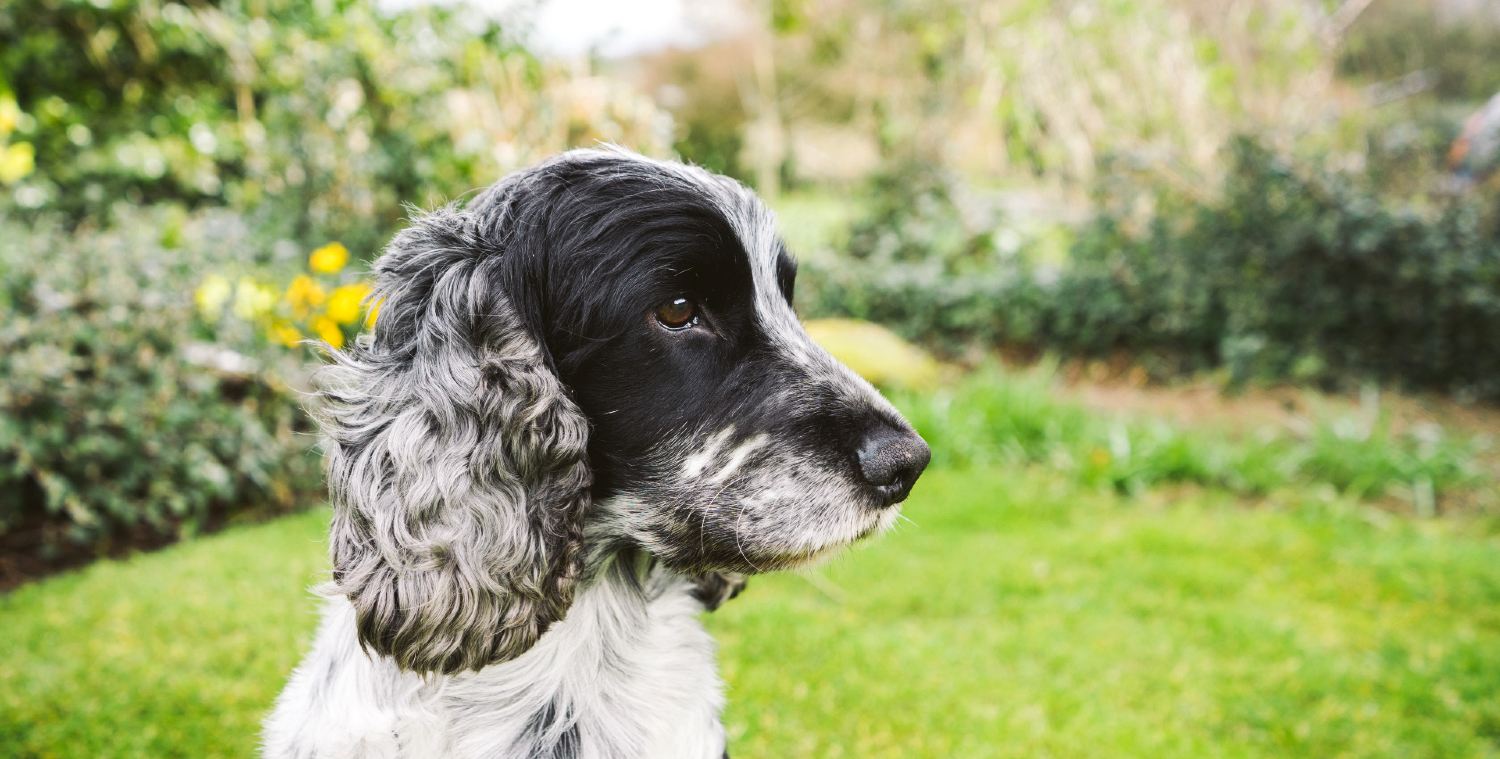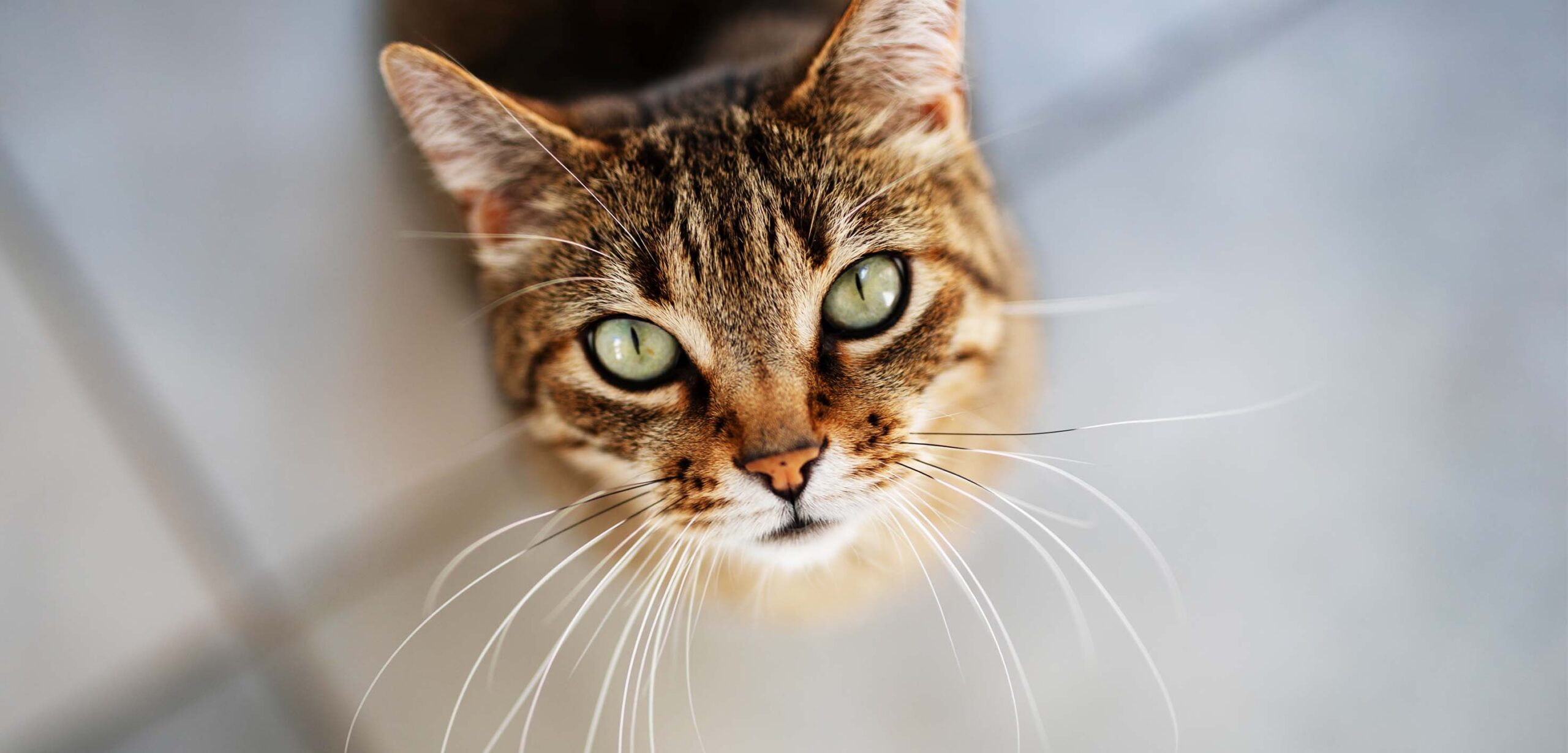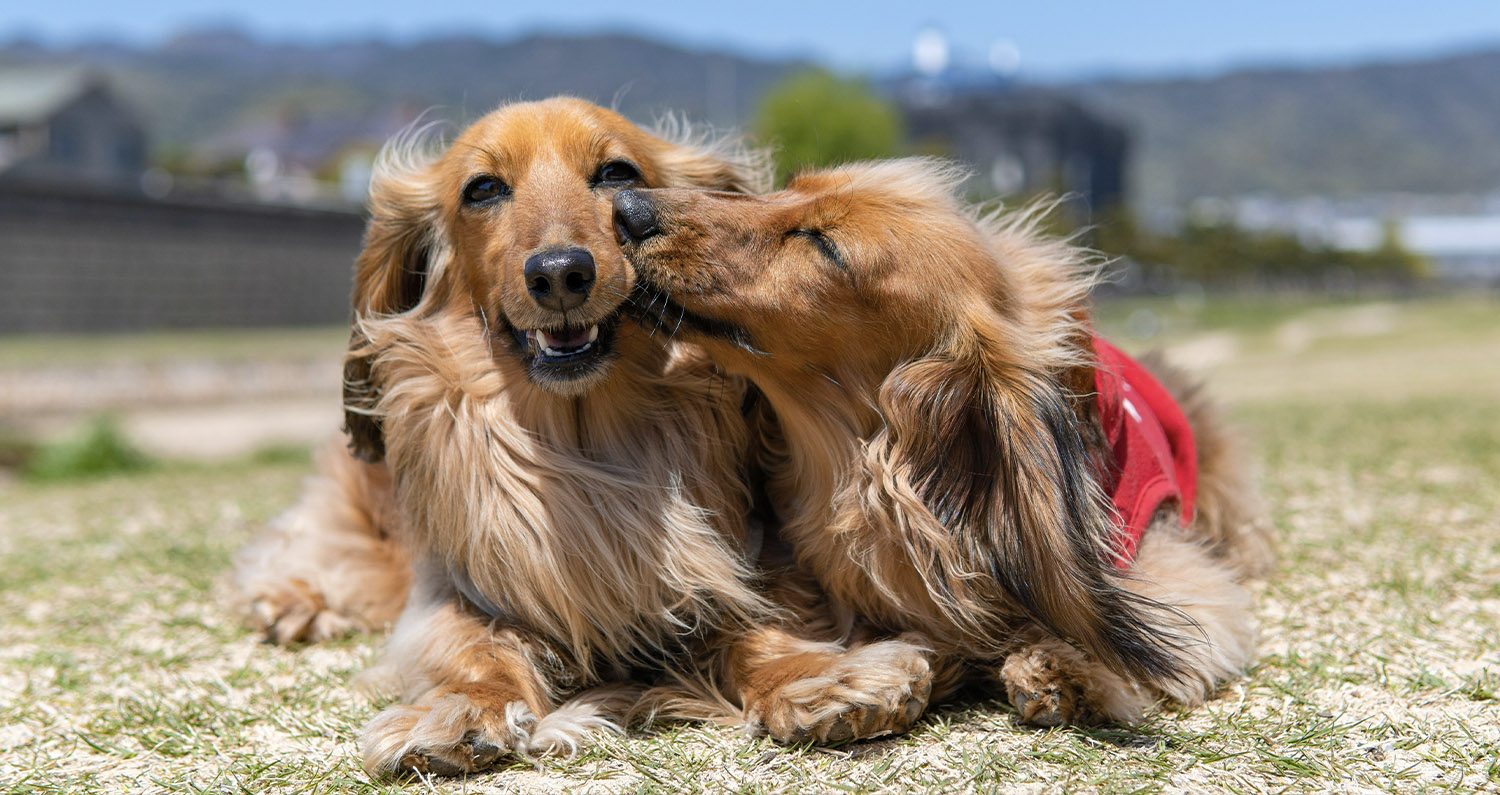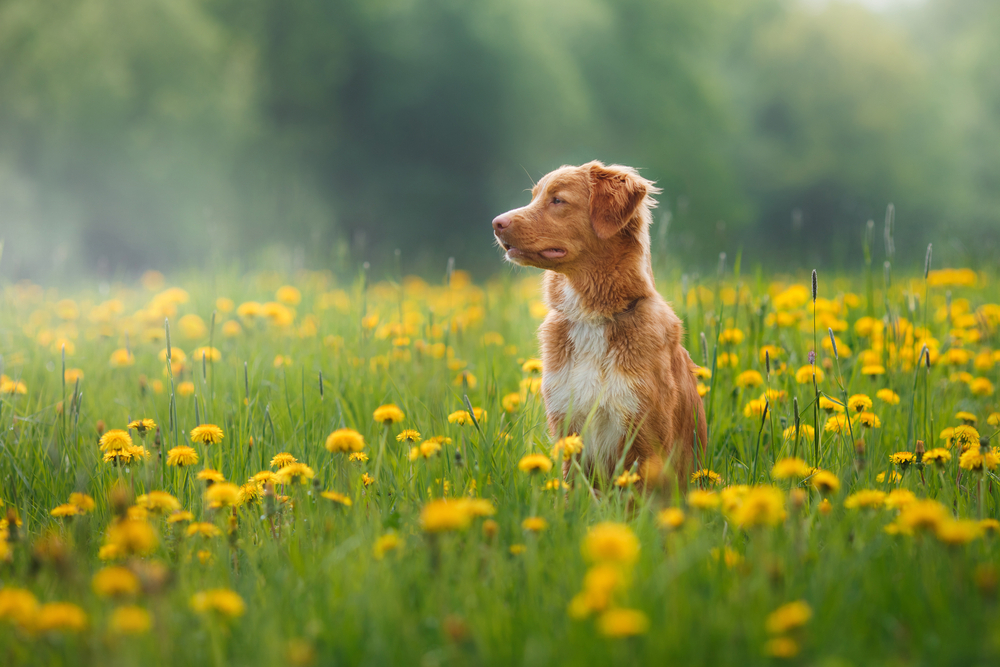It’s BBQ season! The kids balance cups of tart lemonade with melting ice cubes. Uncle Joe (a.k.a. The Grillmaster) is burning the burgers. Somebody got sunburned earlier and is now tip-toeing around slathered with aloe. Mom is gathering the s’mores supplies (extra chocolate just in case) for later.
Everybody is having a blast.
Except the dog, who is freaking out. He might be jumping and barking, in a frenzy. He might pace endlessly. He might hide all day, chewing and licking his paws raw. He might poop on your carpet — in front of your guests.
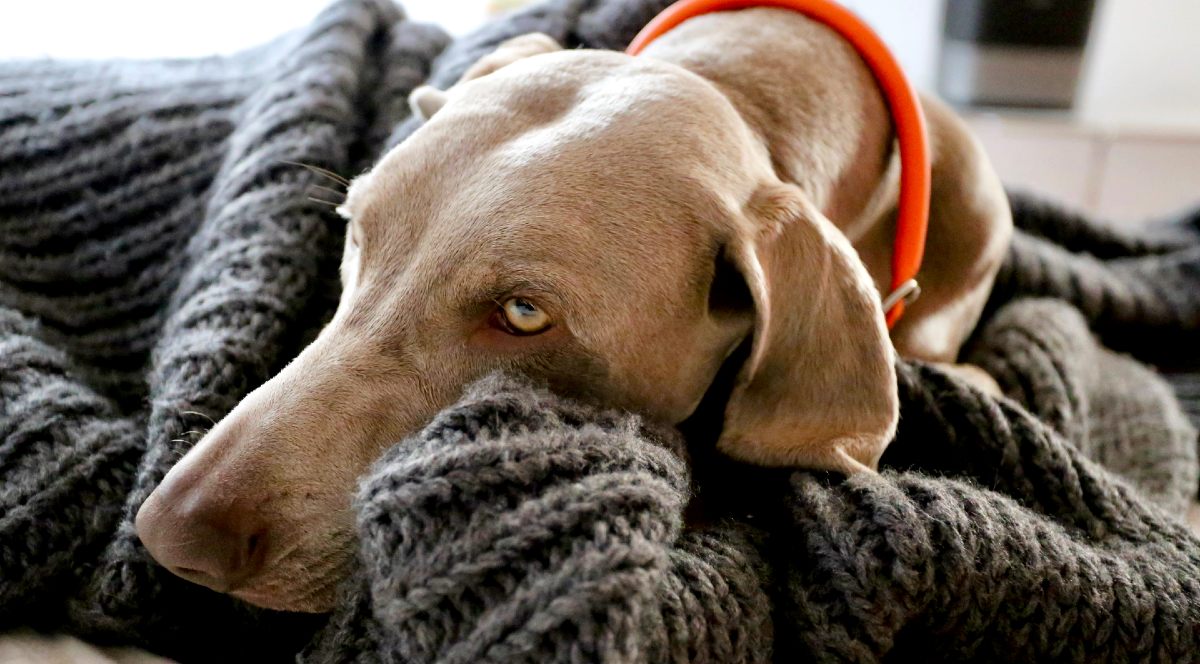
Here’s the thing: dogs who display these behaviors aren’t trying to ruin your BBQ. They’re not being “bad.” They’re anxious.
Just like for humans, anxiety manifests in many ways. Some people show anxiety as anger and frustration. Others, flustered nervousness. Some shut down all together. The same is true of dogs.
These behaviors that make you want to say, “Just calm down!” are actually a way for your dog to communicate with you. Something is seriously stressing them out — and it’s up to you to put on your detective hat to figure out what it is.
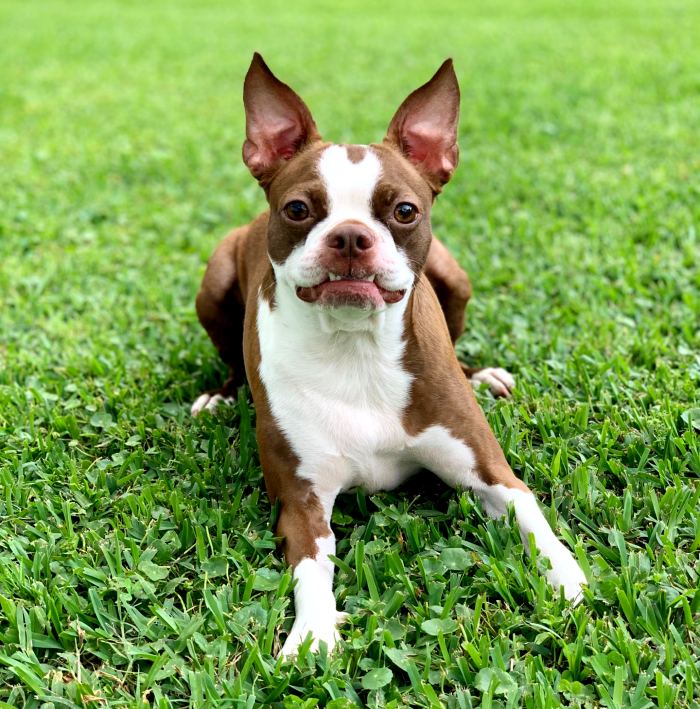
If it’s happening at your BBQ — filled with commotion, new people, and maybe even fireworks later (gasp!) — you have your first clue to figuring out your dog’s triggers. These types of situations bring new, unfamiliar stressors that can cause acute anxiety (tied to specific situations) or exacerbate chronic ongoing anxiety — or both. Once you figure out what’s stressing your dog out, you can take steps to eliminate the source of stress and/or help your dog overcome it.
In the meanwhile, there are some strategies for quick-acting relief you can implement today to help your four-legged family member get through a stressful time.
On The Agenda
1. Stop Stressing (We Mean You, Human)
First of all, are you stressed? Because if so, your dog is picking up on it.
Dogs sense our energy. So if you’re anxious, your dog could very well become anxious too. Take a moment (like right now) and stop reading this — close your eyes and take some deep breaths. Innnnnnnnn and outttttttt. Now repeat that 5 times and try to clear your mind. It works, right? The next time you’re stressed, just stop and breathe. It won’t just ease your anxiety, but it can also provide some relief for your dog.
You can also use physical touch to reassure and soothe your dog. An extra head scratch or belly rub can go a long way. Read your dog’s signals, though. If he’s stressed, a head rub might be great — but don’t go in for a tight hug.
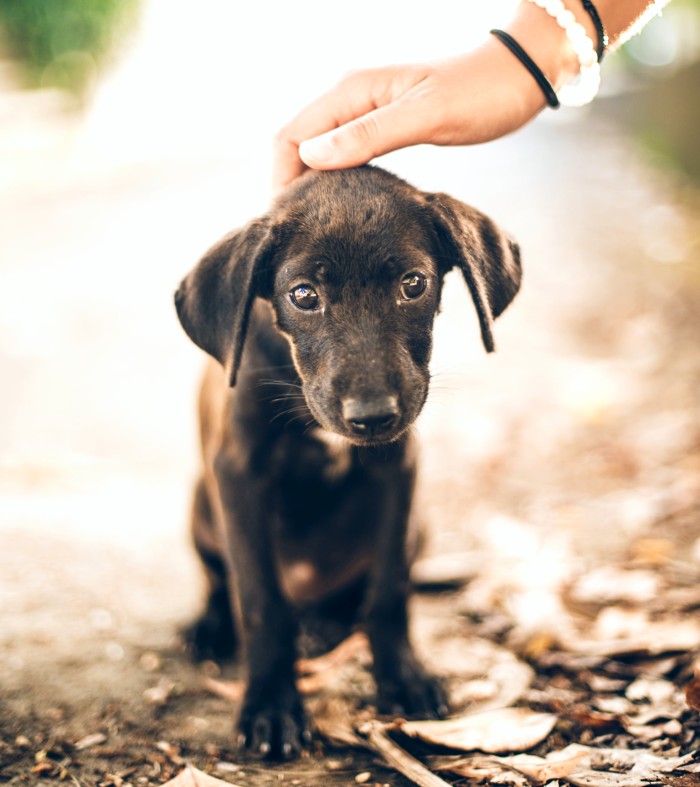
2. Increase Physical Exercise
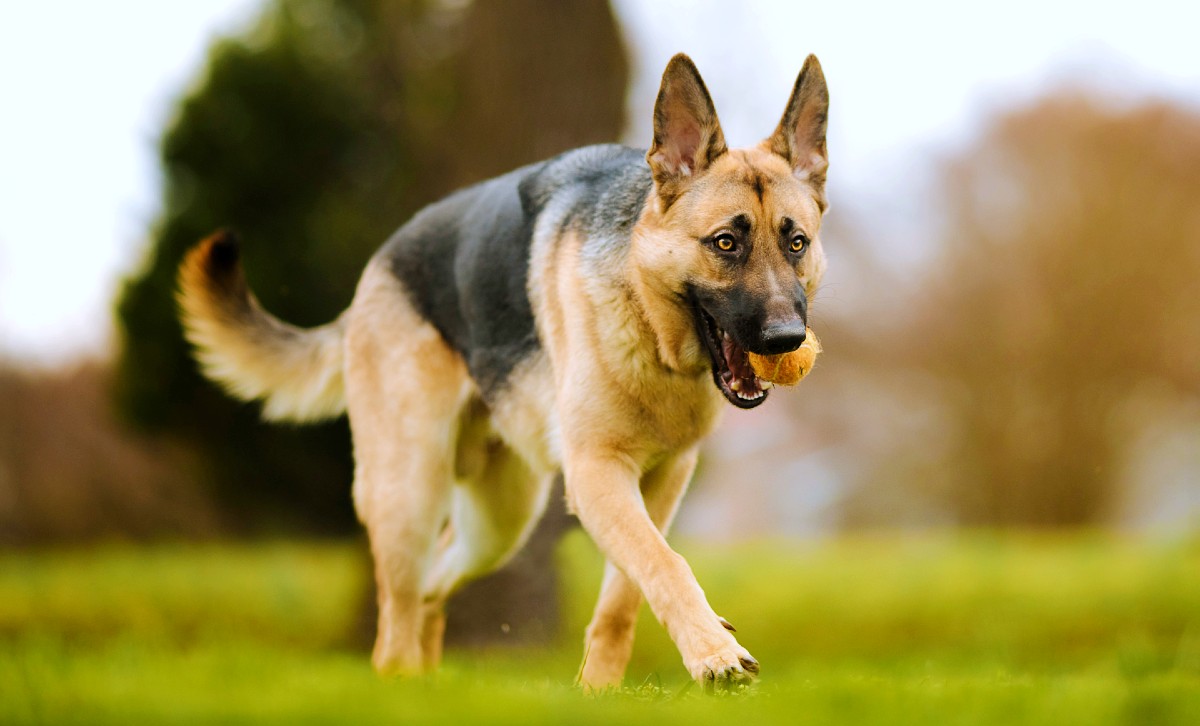
Release that pent up energy with walks and frisbee fetch at the park!
How much exercise your dog needs depends on many factors, including age and breed, but most anxious dogs can benefit from some extra exercise. Give your dog the opportunity to really explore, sniff, romp, and get some fresh air.
Equally important is play. Having fun is a great way to de-stress. Make sure your dog is getting enough play time, whether it’s that game of frisbee fetch (get exercise and play knocked out at the same time), some social time with the friendly neighbor dog across the street, or even a game of hide-and-seek around the house with you!
3. Provide Welcome Distractions
You also need to exercise your dog’s brain. Keep your dog engaged and mentally stimulated. Boredom and anxiousness can lead to destructive behaviors.
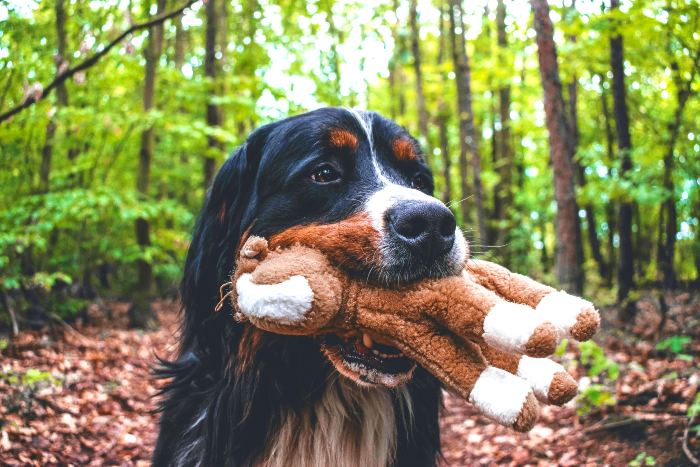
Give your dog a nice raw meaty bone (not rawhide) to chew. Set aside some extra time for belly rubs. Introduce your dog to a new game or toy — especially interactive ones that present a mental challenge. If your dog is focused on a new task or challenge, she can’t spend as much time doing her anxious behaviors (pacing, chewing, etc.).
Don’t overdo it, though. It’s not a good idea to attempt rigorous dog training during stressful times. Focus on easy, natural, enjoyable activities for your pup to help her get through anxious moments.
4. Create A Peaceful Environment
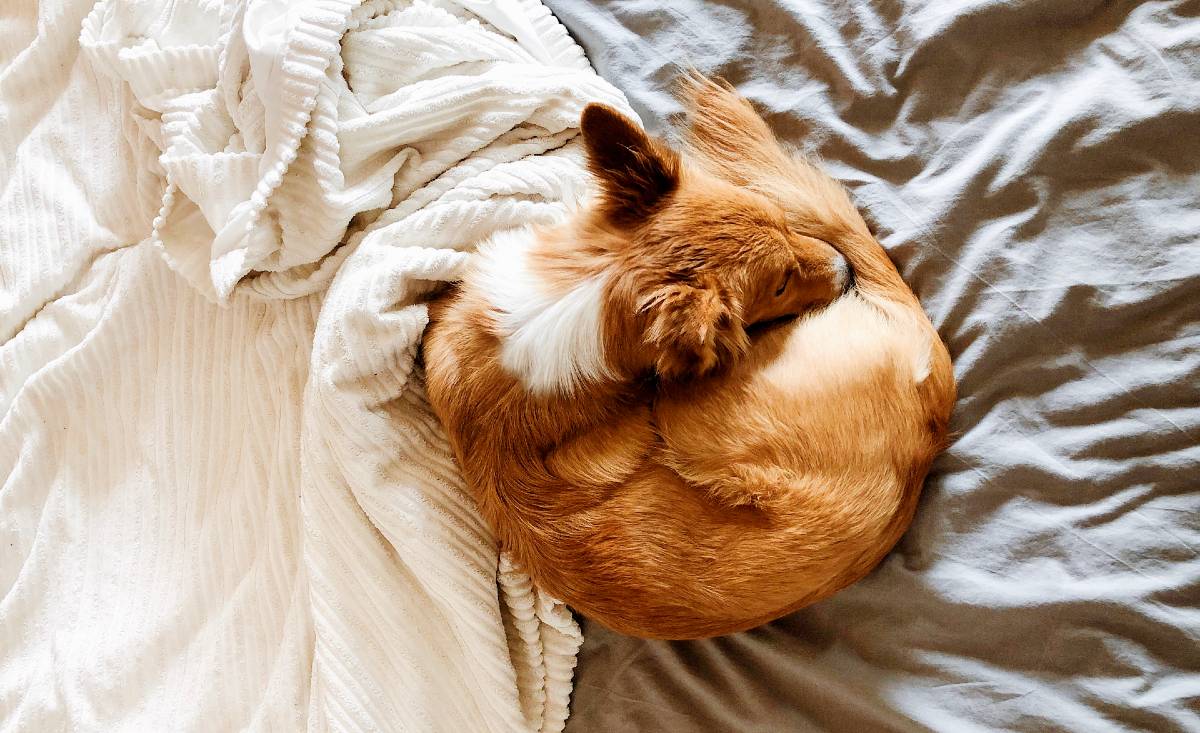
Provide a safe, peaceful place for your dog to relax (away from the bustle of the household). It could be a quiet upstairs room or even an open closet. Let your dog decide when she needs to step away and have some space.
You could also try to create a soothing environment by using music. Studies have shown that classical music has a positive effect on dogs and may help calm them down in anxious moments.
5. Try Quick-Acting Natural Remedies
July Third is an immediate calming herbal blend in the form of a yummy treat. With soothing herbs like Valerian and Chamomile, it naturally promotes relaxation and emotional balance, helping dogs feel normal and content even in situations that can be stressful for them — like firework displays, trips to the vet, travel, changes in routine, etc. It’s a fast-acting, temporary solution to promote a natural feeling of tranquility for your dog.

6. Determine If The Anxiety Is Chronic Or Situational
Above all else, be inquisitive. Ask questions. Observe your dog closely. Does the anxiety happen just with certain triggers? Sometimes this can be pretty straightforward.

For example: does your dog become anxious every time your loud, rough-housing nephews come over?
Well, most likely your loud, unpredictable, rough-housing nephews are causing the anxiety. Have a talk with the nephews about bringing it down a notch, and give your dog a safe place to escape and decompress. And consider giving your dog an immediate, natural calming treat 1-2 hours before the kids arrive.
If this sounds familiar, your dog likely has situational anxiety — which means anxiety brought on by specific triggers in the moment.
The other kind of anxiety is chronic — and like all chronic conditions, it is an ongoing issue that your dog copes with on an everyday basis. If you think your dog has chronic anxiety — and if the source of the anxiety is more complicated than some rough-housing nephews — start implementing the steps above for quick relief and then take another 2-3 minutes to read Canine Anxiety & Perpetual Nervousness to figure out the root of that anxiety (and for additional tips to provide some lasting relief for your dog!).
Share this Post
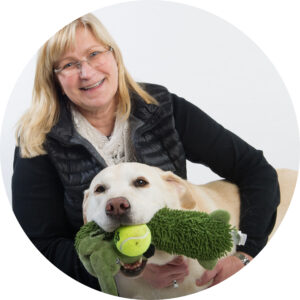
Dr. Chris Besent
Chris Bessent, DVM, MSOM, Dipl. OM, L.Ac. has over thirty years of experience in veterinary medicine including certificates in veterinary acupuncture, veterinary chiropractic and veterinary Chinese herbology. Imbued with Eastern philosophy and the knowledge that food is the foundation of health, Dr. Bessent also received her degree in veterinary nutrition and began to formulate recipes fit for a carnivore from nothing but whole foods. Currently, she divides her time between the Simple Food Project and Herbsmith, both of which are owned and operated out of her facilities in southeastern Wisconsin.

Hayley - Content Writer
Hayley is a freelance writer based in Northern California. (Writing for the Herbsmith is her favorite, but don't spread it around.) She enjoys riding horses, taking road trips, and eating grilled cheese sandwiches. Her foster dogs have mixed feelings about the spinach she keeps trying to sneak into their bowls.

Kayla - Editor
Kayla is the Content Editor for Herbsmith. She has a cat named Professor Cat-Faced Meowmers, who goes by Kitty, and a goof of a dog, named Duck. She stays busy biking trails, playing board games, and searching for the next best craft beer.
